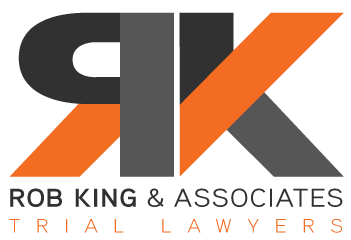Injurious accidents can happen anywhere and for any number of reasons. At times, a business owner or homeowner may be considered responsible for an accident that occurs on their property. These instances of premises liability frequently involve what is commonly called a “slip and fall” accident. Indiana readers may find this a confusing issue and may benefit from gaining an understanding of the typical slip and fall accident and the legal ramifications of these cases.
A common cause for slip and fall accidents happens when a business or property owner fails to maintain certain safety standards. A sidewalk in disrepair may cause an injury, in which case a city could be liable if it was at fault for the broken sidewalk. This could also occur at a private residence — for example, a neighbor trips on a rug that was a known danger and subsequently injures him- or herself. This could also apply if a business knowingly violates building codes, such as neglecting to install handrails on a staircase, resulting in the injury of another person.
Another legal point to consider is whether the employer should have known about a potentially dangerous situation. For instance, if an employee of a business was notified of dangerous conditions — such as a water spill — and it is found that the employer did not rectify the situation, liability could be established. If the conditions were known about for a long enough period of time that a it should have discovered any danger, an employer might be held responsible.
These are only a few examples of [url=‘http://injury.findlaw.com/torts-and-personal-injuries/slip-and-fall-faq.html’]premises liability[/url]. Those here in Indiana who have been injured as a result of unsafe conditions at a place of business or residence might be able to file a civil claim against the party or parties deemed responsible. Doing so could result in monetary restitution that would be useful in covering any related expenses of treatment and recovery.
Source: FindLaw, “Slip and Fall FAQ“, , Aug. 30, 2014
